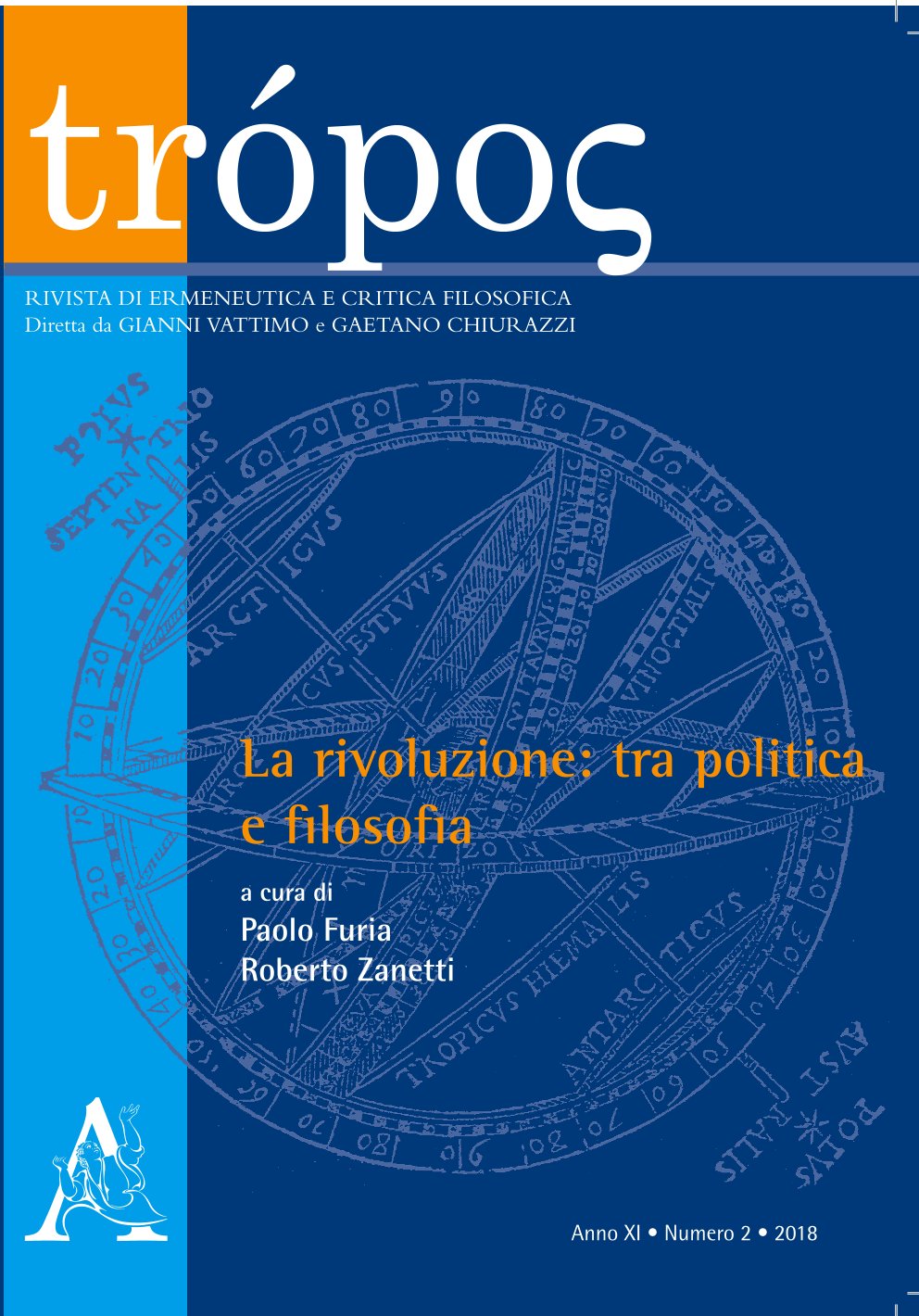Exit from the self–incurred contradiction
On Kant’s mathematical antinomy and its consequences
DOI:
https://doi.org/10.13135/2036-542X/8140Parole chiave:
transcendental idealism, transcendental dialectics, antinomy, physical monadology, complete determinationAbstract
The paper considers Kant’s presentation of the antimony as an indirect proof of transcendental idealism. By examining the two mathematical antinomic conflicts, it purports to show that Kant’s proofs of the respective theses and antitheses turn out to be inconclusive for the alleged dogmatist. Not only does the latter not fall into an inevitable contradiction, he is also able to solve it in advance, as illustrated by Leibniz’s theory of the creation of the world and Kant’s pre–critical physical monadology. Since the source of the antinomy, it is claimed, lies rather in the conflicting requirements for the possibility of experience as exposed by Kant, it is the transcendental idealist who is haunted by an inherent contradiction. This has, it is argued, important consequences for Kant’s system, as it invalidates the principle of complete determination and in general leads to a peculiar top–down gappy ontology



